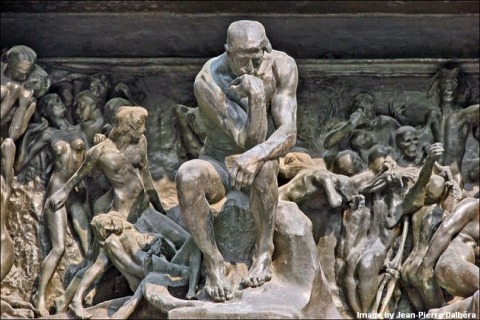
Mondays, as always, are for questions from students.
Question:
I have been educated to take the naturalistic fallacy seriously, even though I thought it was a bit of bunk, because some smart and good men espouse it. You write in both popular and specialist venues. In one of your more popular articles, I notice you make short shrift of the fallacy. Do you treat it briefly because you consider it a simple, albeit serious, mistake, or just because of the audience? If it is really simple, then why do those smart and good men err?
Reply:
Like you, I was educated to believe that deriving an is from an ought is invalid. Just because so much has been written about why this “naturalistic fallacy” is not a fallacy, by thinkers like Peter Geach, Ralph McInerny, Anthony Lisska, and Robert Koons, I don’t think I need to explain at great length. I’ve also found that sometimes saying too much obscures the point rather than clarifying it, no matter what the venue. But I do think the error is simple.
Yes, some smart and good thinkers espouse it. We all commit many errors; they would say I am committing one now. In general, to attain a single insight, one must unlearn a dozen mistakes. I say a dozen, but that’s if one is lucky.
It seems to me that “Is does not entail ought” is a claim about ontology, disguised as a claim about logic. I can’t see why anyone should accept it unless he denies that things have real moral properties. In that case he will say that is statements describe facts, ought statements express attitudes toward facts, and nothing about the facts could ever make any attitudes unfitting.
But this is absurd. “Seeing is the function of the eye” is an is statement. But to assert it is to hold that eyes that see well are good eyes, and eyes that see poorly are bad eyes. And since “good” means what ought to be furthered, we ought to help bad eyes see better.
Again, “Arsenic is a poison” is an is statement. But to assert it is to hold that arsenic injures the natural good of health. And since evil means what ought to be avoided, we ought to keep arsenic off our tables.
Christian Smith helpfully remarks, “the descriptive observation is first made that is and ought belong to different orders, from which is then derived the normative injunction that we should keep them separate. But if we really cannot get an ought from an is, where did that injunction come from?”
Tomorrow: What Can I Do? I'm in Love